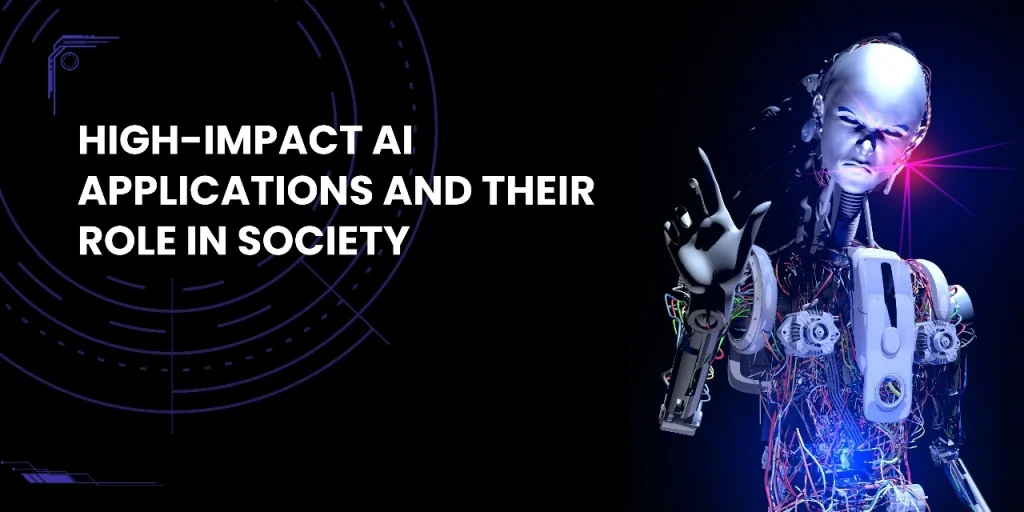Introduction
Artificial intelligence (AI) has moved a lot in the heart of science fiction and everyday life. From automatic to automation of works to revolution in industries, AI applications
now play an important role in almost every aspect of modern society. Their have an effect on isn't simply developing—it’s accelerating, reshaping how we stay, work, research, and engage. As AI continues to mature, its real-international makes use of are now not non-compulsory; they may be unavoidable.
AI packages now optimize healthcare, streamline logistics, customize advertising and marketing, enhance customer service, and empower monetary selection-making, all even as remodeling the job market and moral landscape. This weblog explores some of the maximum high-effect AI programs, that specialize in how they characteristic and the crucial roles they serve in actual-international contexts. Whether you're a tech enthusiast, policymaker, or normal purchaser, expertise the attain and responsibilities of AI is critical in a world where artificial intelligence is turning into more and more incorporated into our lives.




